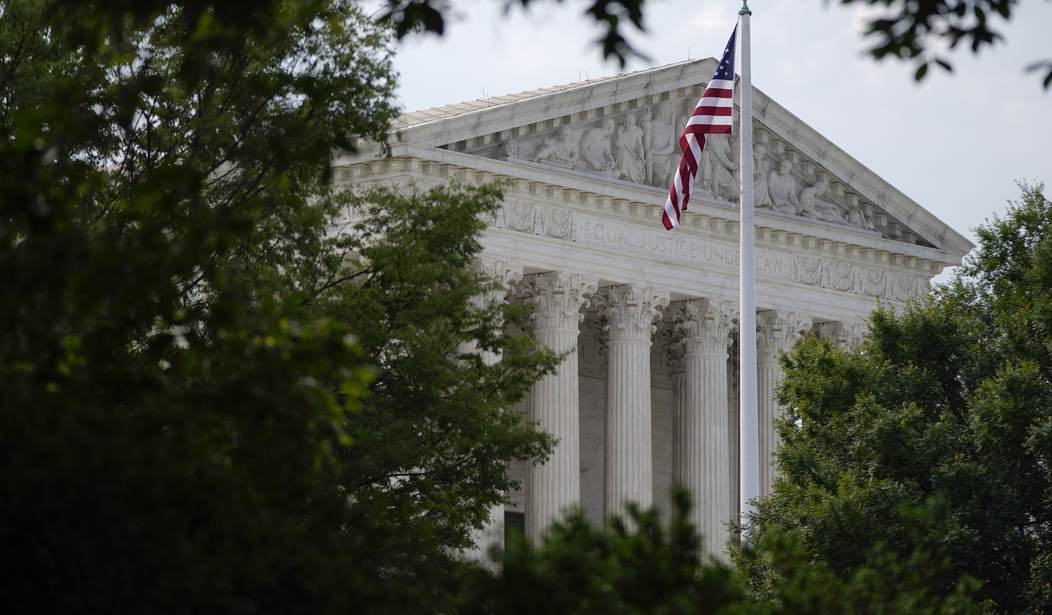On Tuesday, the mainstream media, desperately trying to cling to the narrative that the Supreme Court’s overturning of Roe v. Wade was a game changer for the 2022 midterms, happily reported that the Supreme Court’s approval ratings amongst Democrats reached a historic low of 13% in the latest Gallup poll.
“The approval rating of the Supreme Court dropped to 13 percent among Democrats, its lowest yet, according to a new poll that was conducted after the high court’s latest term ended,” reported The Hill.
Oh no, the court is doomed! Its legitimacy is in tatters!
It’s a cute story, but record low approval from the Democrats is expected. Big deal! What about everyone else? Well, it turns out that the Supreme Court’s approval rating now stands at 43%, which is actually up from last year’s approval rating of 40%. While it is a statistically insignificant change (within the margin of error), it nevertheless shows that the Supreme Court’s approval ratings are quite stable despite the controversial ruling.
The reason for its stability, of course, is an increase in approval from Republicans, which counters the decline in approval from the left. The court’s approval among Republicans rose 29 points to 72%, while approval from Democrats fell 23 points to 13%.
Related: Term Limits for the Supreme Court?
“The trend in Supreme Court approval suggested the institution had already taken a public image hit long before it announced its 2021-2022 term decisions in June,” reports Gallup. “The Court stirred controversy outside the term last September when it allowed a controversial Texas abortion law to go into effect and allowed colleges to require students to wear face masks to prevent COVID-19 transmission but rejected President Biden’s mask mandate for federal workers.”
“The difference between the reading from September of last year and the current reading is that in September, the three major party groups were about equally upset with the court, whereas now Republicans are much more pleased and Democrats much more disappointed with how it is handling its job,” the report continues.
We’ve seen these types of shifts before. As the graph below shows, there have been partisan spikes in the approval of the court several times in the past. For example, after the 2015 ruling in Obergefull v. Hodges, which legalized same-sex marriage in the United States, we observed a sharp increase in approval among Democrats. Approval from independents is much more stable and has gone virtually unchanged from a year ago.
Per @GallupNews it's quite clear that approval of the Supreme Court is largely influenced by partisan politics. pic.twitter.com/rUg9PCr0a9
— Margolis & Cox (@MargolisandCox) August 2, 2022
In the aftermath of recent Supreme Court rulings on abortion and gun rights, the narrative from the mainstream media has been that the Supreme Court has lost the confidence of the American people and is in the midst of a crisis of legitimacy. But low approval from Democrats is not the standard by which the court’s “legitimacy” is determined. The fact is that the Supreme Court’s approval is irrelevant to its legitimacy. The reason for judges and justices getting lifetime appointments is to preserve the independence of the judiciary and insulate them from political pressures.
Approval and disapproval of controversial Supreme Court decisions will likely have partisan splits, but approval of the court has zero bearing on the court’s legitimacy.










